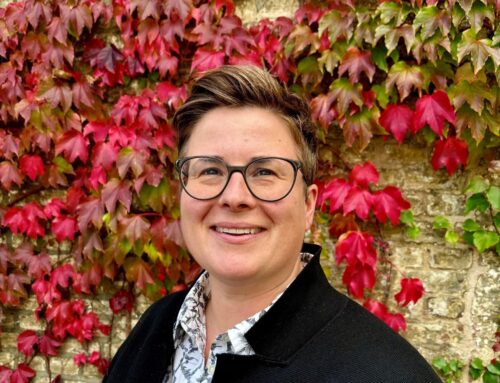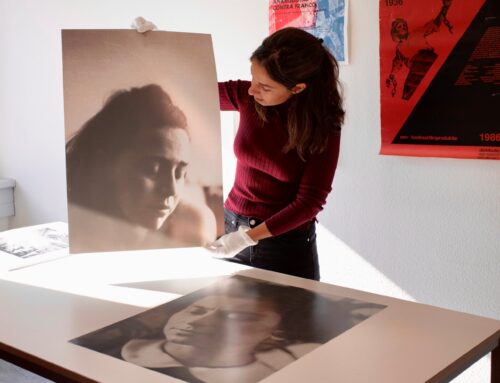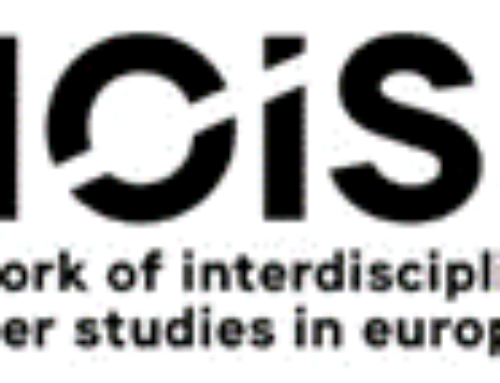See here for the Dutch version: LNVH onderzoekt: praktijken rondom Scientific Harassment. Deelt u uw ervaringen?
 For years, the Dutch Network of Women Professors (LNVH) has been hearing about the deliberate obstruction of scientists’ careers. This includes: stealing data, unjustified authorships, subordinating people in assigning management and research tasks, intentional discrediting or making others invisible for e.g. committees, influencing the work environment negatively, frustrating research processes et cetera. LNVH defines these obstructions in doing science as Scientific Harassment*. To get more insight in this concept, LNVH has commissioned Prof. Marieke van den Brink, Prof. Yvonne Benschop and Marijke Naezer (Radboud University, Nijmegen) to conduct an exploratory qualitative research.
For years, the Dutch Network of Women Professors (LNVH) has been hearing about the deliberate obstruction of scientists’ careers. This includes: stealing data, unjustified authorships, subordinating people in assigning management and research tasks, intentional discrediting or making others invisible for e.g. committees, influencing the work environment negatively, frustrating research processes et cetera. LNVH defines these obstructions in doing science as Scientific Harassment*. To get more insight in this concept, LNVH has commissioned Prof. Marieke van den Brink, Prof. Yvonne Benschop and Marijke Naezer (Radboud University, Nijmegen) to conduct an exploratory qualitative research.
In this research, the experiences of women academics are the central focus. By collecting concrete case descriptions based on their experiences, the research team aims to get more insight in practices with regard to Scientific Harassment. We therefore kindly ask you to share your experiences with the research team. If you are not working in academia anymore, your response will be appreciated as well. You can send your response by email to Marijke Naezer (or anonymous via post: Radboud Universiteit, attn. Marijke Naezer, postbus 9104, 6500 HE Nijmegen), before October 31, 2018. Preferably describe your case as comprehensive as possible; hereafter you’ll find some guidelines for it. Please note that these are not required.
The research team would like to receive cases or practices that were experienced by women academics within Dutch universities. Women academics include PhD students, researchers, lecturers, assistant professors, associate professors and full professors: it is not important how many years ago it happened. You may report about one or more experiences you have had and your case description may include one of the following features. Please note that it is not obligatory to describe all these issues.
- Your position as an academic, e.g. position, age, cultural background, scientific discipline et cetera
- A description of the other person or people involved, e.g. position, age, cultural background, scientific discipline et cetera
- A description of the situation: the year the incident took place, the context, the roles of the people involved, the different interests et cetera
- The practices of Scientific Harassment: what happened exactly? What was your response? Did you discuss it, for example with the other party involved, colleagues, or your supervisor/ manager? Why did you or didn’t you?
- The consequences of this form of Scientific Harassment: What did it mean for you? How did it influence your career? Where there any consequences for the other person involved? Et cetera.
If you would (rather) like to share your story in a personal interview, please let the research team know in your email. Your stories will be used to identify general manifestations of Scientific Harassment. The stories that are collected will remain confidential and anonymous and will only be used for publication with explicit permission of the respondents and will not be traceable.
Thank you very much in advance!
Kind regards,
On behalf of the board and the bureau of the LNVH and the research team at Radboud University,
Prof. Halleh Ghorashi, board member LNVH
Prof. Marieke van den Brink, project leader research team
*Please note that the concept of Scientific Harassment can include, but is not limited to, sexual harassment.






